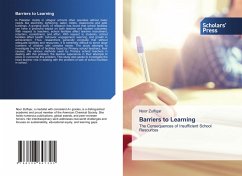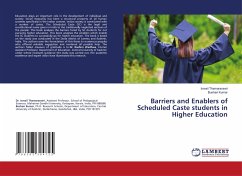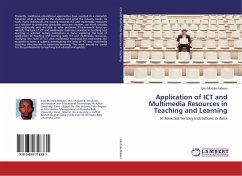In Pakistan mostly in villages' schools often operates without basic needs like electricity, lightening, water, toilets, classrooms and safe buildings. A growing body of research has found that school facilities can have a profound impact on both teacher and student outcomes. With respect to teachers, school facilities affect teacher recruitment, retention, commitment, and effort. With respect to students, school facilities affect health, behavior, engagement, learning, and growth in achievement. Thus, researchers generally conclude that without adequate facilities and resources, it is extremely difficult to serve large numbers of children with complex needs. The study attempts to investigate the lack of facilities faced by Primary school teachers, their causes, the various methods used by Primary school teachers in dealing with this problem, the teacher experience in their attempts to solve or overcome this problem. This study also seeks to investigate the head-teacher role in dealing with the problem of lack of school facilities in school.
Bitte wählen Sie Ihr Anliegen aus.
Rechnungen
Retourenschein anfordern
Bestellstatus
Storno








